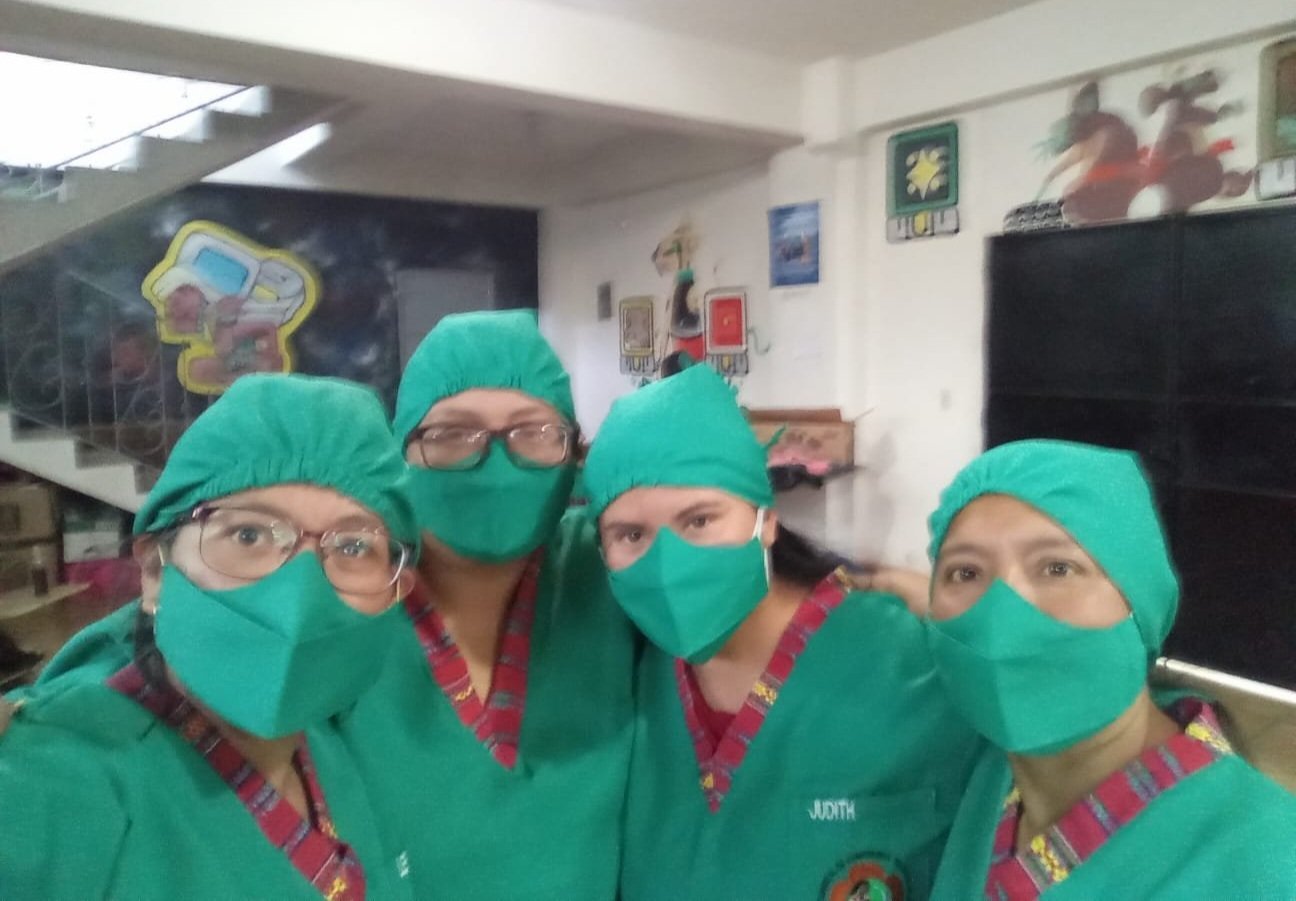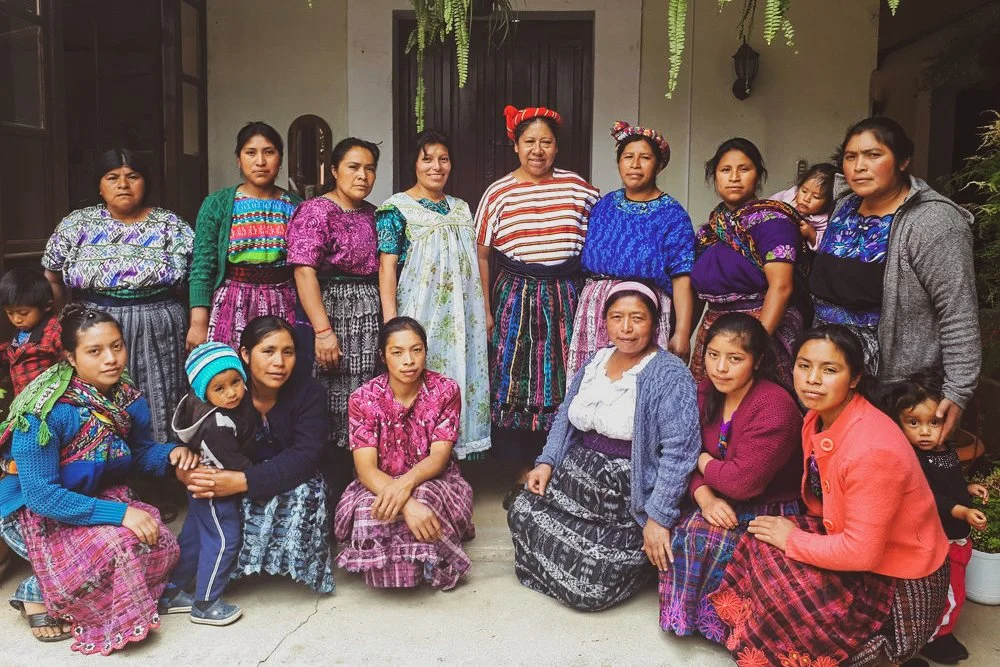Traditional Midwifery
In Guatemala the midwife (or comadrona) is a vital part of the traditional health system. The midwife plays an integral community role as both a leader and healer. A midwife in Guatemala attends to far more than birth and pregnancy. Midwives are also responsible for preventative health care, broken bones, common children's ailments, mental health, sexual and health education for the entire family. A midwife is a bone-setter, a masseuse, an educator, and a spiritual guide who works within the context of the Maya Cosmo vision to maintain and restore balance in her community.
The midwife is often the nearest and only affordable health provider in a community and frequently the only provider who speaks the same indigenous language as the patient. While midwives treat many common ailments themselves, they also are trained to recognize and refer patients to doctors for complications and serious concerns ensuring that people seek needed treatment earlier.
As rural providers, midwives can fill a large gap in the medical system, but the majority of midwives in the region are over 53 years old and nearing retirement. There is great need for healthcare providers in rural areas. There is a stark difference in access to health care between rural communities and urban centers in Guatemala.
Although maternal and infant mortality statistics have improved dramatically in the last decade in large part to government investment in nutrition and maternal health services, maternal health is still a situation of national urgency due to difficulties providing services and care in rural communities.
Meet the Midwifery Students:

Donate to Midwifery and Doula Training
A recent systemic look at the impact of midwives on women's health provides new evidence that empowering midwives significantly boost maternal and infant health (Vedam et al., 2018). HSP is partnering with AMA to provide ongoing financial, technical, and material support to train and equip midwives and doulas to foster an ecosystem of women's wellness. Midwives are training doulas to provide critical assistance to increase the coverage and access to health services for thousands of women in the most isolated communities.

